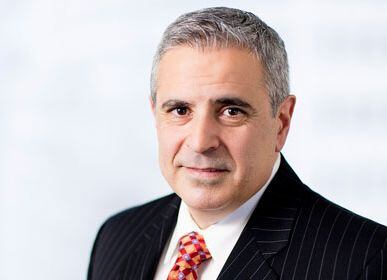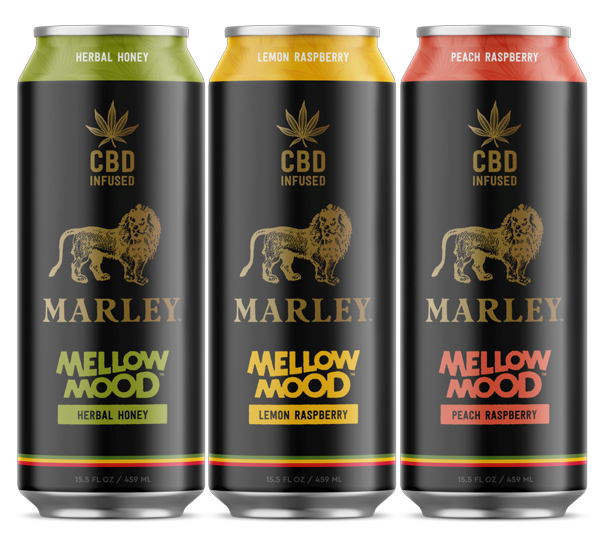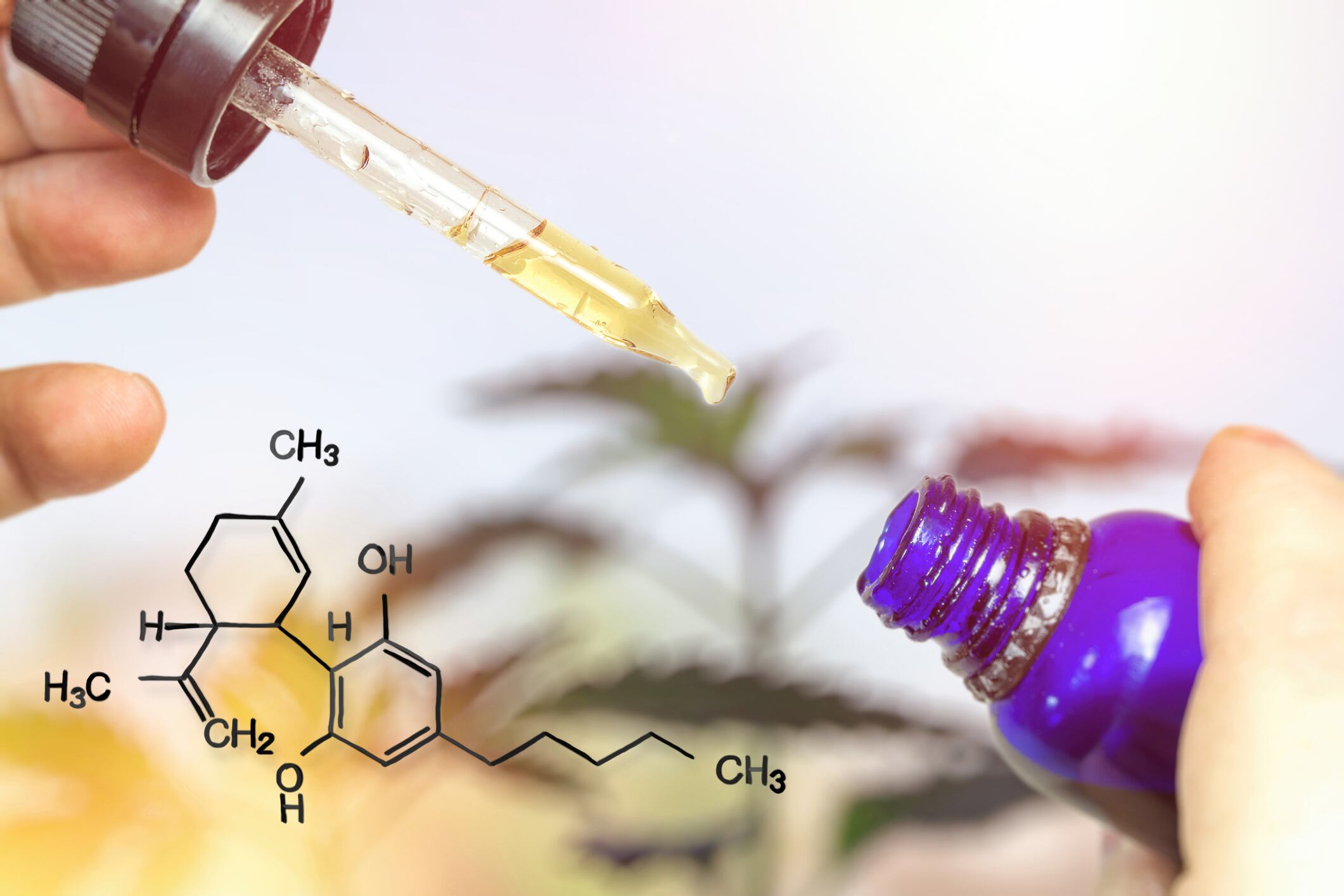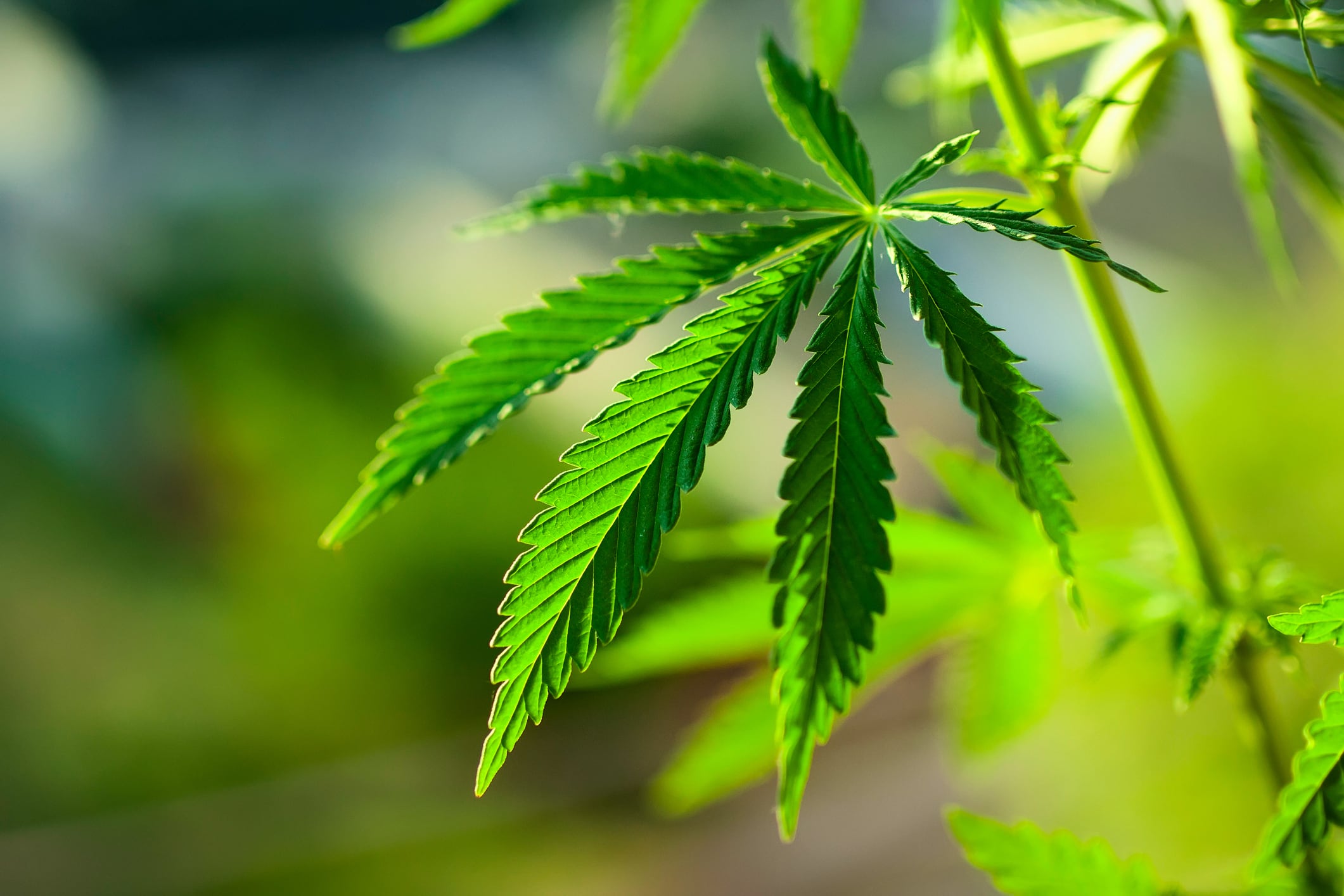Addressing members during an August 22 webinar in which he reviewed some of the 4,500+ public comments on CBD recently submitted to the FDA, UNPA president Loren Israelsen said he had “never seen a market like this in my nearly 40 years in the industry.
“The stakes are high and clearly the market opportunity is enormous… There was a very clear singular message to FDA: Please do something now.”
Beyond CBD: ‘Here’s the big question: how deep is the cannabinoid pipeline?’
While the FDA has made it clear that CBD is not permitted in foods and supplements as it was first investigated as a drug (although it has restricted enforcement action on companies making “egregious” claims), several states have explicitly authorized the sale of products containing hemp-derived CBD, creating a confusing landscape for food and supplement brands, said Israelsen.
Many industry stakeholders would like the FDA to issue an interim final rule recognizing CBD as a lawful dietary ingredient while it works on a more traditional rulemaking and comment process (which could take years), he said. But where might this leave other cannabinoids?
“Here’s the big question: how deep is the cannabinoid pipeline? From the comments, I was surprised to see how open several of the big [pharmaceutical] companies were about the number of cannabinoids that they are researching...

“Clearly they believe there is great therapeutic potential far beyond CBD… but this quickly turns into a big regulatory problem because the exclusionary provision [whereby the FDA says ingredients first investigated as drugs cannot be marketed as foods or dietary supplements] will kick in potentially now for each subsequent cannabinoid, and we are going to have to deal with the same questions we now have with CBD over and over again.”
'The real game is not just CBD'
The proposed answer from the pharmaceutical lobby, he claimed, “is that in exchange for allowing a consumer market for CBD, they envision an FDA regulatory system that would close that exclusionary provision permanently for [other] cannabinoids. That’s the way I read their comments, and that is huge.
“So if there’s one thing you should take away [from this webinar], it’s that the real game is not just CBD, it’s really that string of pearls. What else is in the pipeline, and will access will be litigated over and over again or will there be a decision made either by FDA or possibly by Congress, that would once and for all answer this question?”
If Congress gets involved, what are we asking lawmakers to do?
Given the number of big companies that have engaged lobbyists on this issue, it’s certainly possible that this could become a Congressional issue, predicted Israelsen, in which case, he said, “What’s critical for us to think through is: what is the ask of Congress?
“Is the ask to please clarify that CBD is a lawful dietary ingredient, or is that shortsighted and should it be more broad to cover other cannabinoids, in which case which ones, and why? So this gets really tricky. All sides are now beginning to lawyer up and lobby up.”
Pharmaceutical companies, for example, believe that if the FDA waives the exclusionary principle for other cannabinoids, it will jeopardize future research (GW Pharmaceuticals, for example says there are at least 100 cannabinoids as well as 100s of other hemp plant components each with potential differentiated therapeutic activity worth exploring), he said.
“I think that right now there are at least 10 cannabinoids that are under active research, but what we don’t know is how many of them meet the exclusionary test, which means there are substantial clinical trials, that have been publicly announced, and that they are authorized, meaning that FDA is aware of the studies.”
If those criteria have been met, he said. “It’s possible that a number of these other cannabinoids are already out of the reach of the supplement and the food industries, so this is an area that we think is an urgent point of investigation.”
NDI route the most likely path ahead
Putting that larger question aside, what is the most likely regulatory path forward for food and supplement companies looking to market CBD should the FDA waive the exclusionary rule just for that cannabinoid? GRAS determinations, NDI notifications, food additive petitions?
“It appears that most everyone agrees that the new dietary ingredient gateway would be the primary portal through which to enter the authorized lawful market,” claimed Israelsen. “There is no agreement on whether GRAS should be permitted and certainly no agreement on whether the food additive petition route is an appropriate avenue for food ingredients.”
Right now, UNPA understands that there are a number of NDIs at “various degrees of preparation or possibly completion,” although Israelsen doubted the FDA would be in the mood to receive them until it has provided clarity on the path forward.

He added: “The food industry will have the hardest time justifying a place in the market, I think it really comes down to pharmaceuticals and dietary supplements. The conventional food and beverage sector is going to be the battleground, and finding a regulatory pathway is going to be difficult… The food industry is going to have a heck of a hard time figuring out how to play.”
We need a lexicon for technical, analytical, and consumer understanding around cannabis and CBD
One thing all commentators in the docket appeared to agree on was the need for “a [shared] lexicon for technical, analytical, and consumer understanding [of cannabis and CBD],” he said.
“A number of states commented that they are struggling with enforcement because of the way labels are created as there are really no generalized rules about how to do it. Everyone is using different dosing regimes, different language, using all kinds of terms that are in some cases confusing or quite frankly contradictory… and there are also concerns about claims [regarding alleged health benefits].”
Dosages: This will be one of the most difficult issues
The issue of appropriate dosages of CBD for foods and supplements “will be one of the most difficult issues” given that everyone reacts to it differently, and that the “mode of administration [inhalation, ingestion, absorption etc] makes a huge difference in terms of speed of onset and the impact on the user,” he added.
As bodyweight impacts responses to CBD, recommendations might be best calculated in terms of mg of CBD per kilo of bodyweight, per day, he predicted.
Public comments: ‘Relatively few companies actually followed the assignment’
While the public comments – 96% of which were “personal testimonials or statements” from consumers sharing their CBD stories – shed some light on the safety and efficacy-related questions the FDA posed to stakeholders, he noted, “Not many people actually answered the questions.
“There was a great deal of commentary, but relatively few companies actually followed the assignment, which was here are the questions, please answer them.”

Despite the federal prohibition on introducing CBD into interstate commerce, many food and supplement companies have chosen to take a calculated risk by focusing operations in states where the sale of hemp-derived CBD has been either explicitly authorized, or has not been actively prohibited, Rich Fama at law firm Cozen O'Connor told FoodNavigator-USA.
Most are making no claims in order to stay under the radar, he added, noting that the FDA has said it is focusing enforcement activities on companies making "egregious" claims.
Asked whether the plaintiff's bar was likely eyeing up the CBD market as its next target, he said that rather than going after companies for selling unapproved drugs, lawsuits would more likely focus on things like inconsistencies between the amount of CBD listed on the label and contained in the package, the presence of unwanted contaminants, higher than permitted levels of THC, and so on.




